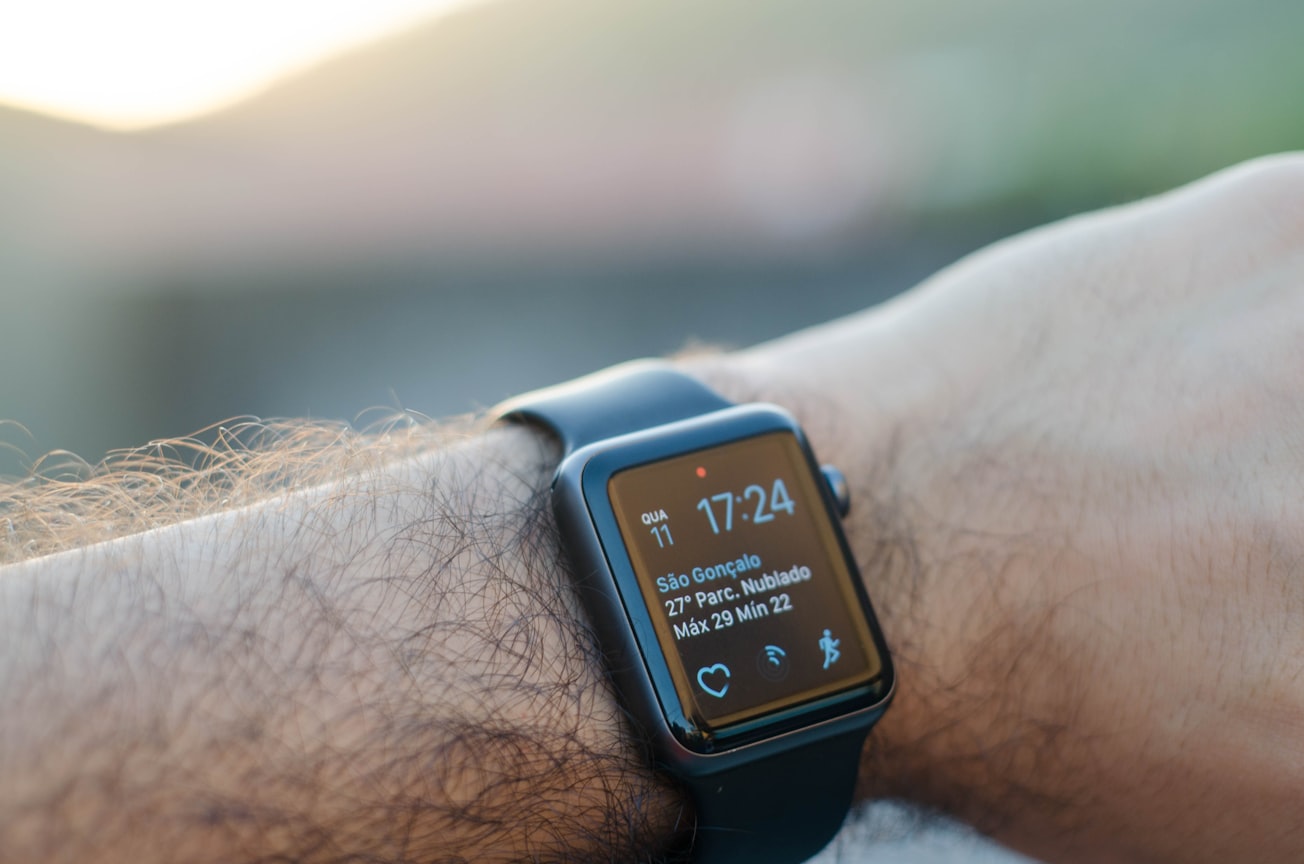What is it about?
Fitness trackers are becoming more and more common and provide an opportunity for individuals to self-monitor physical activity, a behaviour change technique which is associated with positive physical activity outcomes. The findings from this article suggest that fitness tracker alone or combined with other intervention components are unlikely to generate meaningful changes in physical activity behaviour. Furthermore, the wide confidence intervals found in effects suggest that individual identification of adjunct behaviour change tools is needed to support those who need them.
Featured Image

Photo by Alexander Ruiz on Unsplash
Why is it important?
This article is important because fitness trackers may enhance individual behavioural physical activity interventions, but it is unknown whether there is an actual effect of a fitness tracker on outcomes or if observed effects are the product of diverse study populations and intervention components. Further work is needed that examines which features of fitness trackers are most effective in combination with other intervention components and determine which populations are most receptive to fitness trackers.
Perspectives
My perspective from researching and writing this article is that we have to unpick the complexity of how to change personal behaviour using these types of devices. The potential is there but without our deeper understanding, we are unlikely to harness that potential.
Mr Chris Lynch
RMIT University
Read the Original
This page is a summary of: Changing the Physical Activity Behavior of Adults With Fitness Trackers: A Systematic Review and Meta-Analysis, American Journal of Health Promotion, December 2019, SAGE Publications,
DOI: 10.1177/0890117119895204.
You can read the full text:
Contributors
The following have contributed to this page










